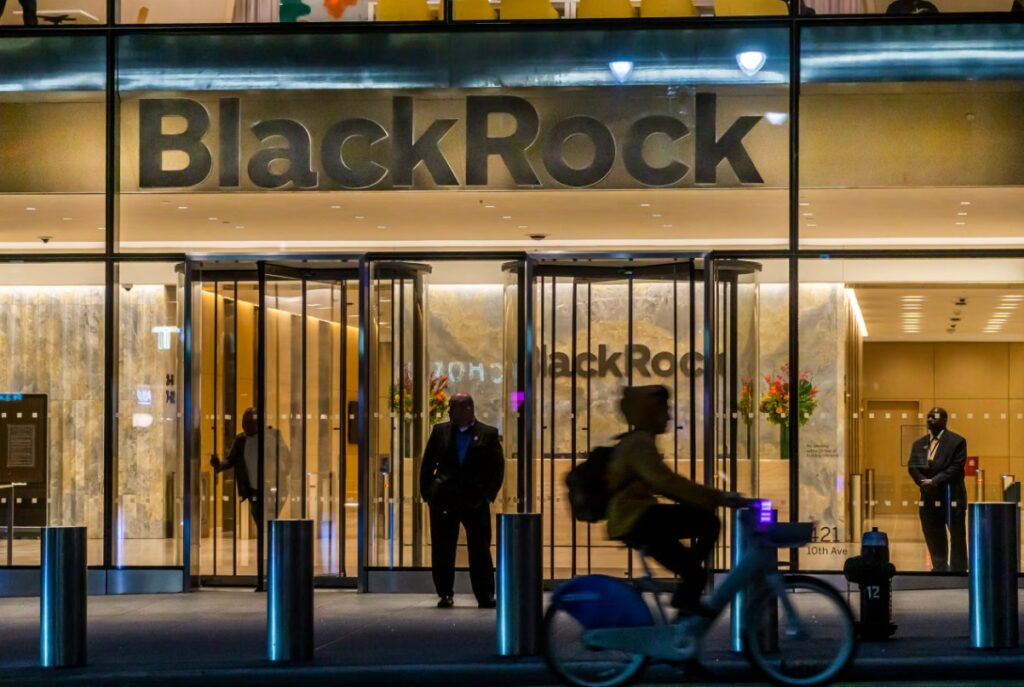In what is a rather surprising development for the industry as a whole, the Wisconsin State Investment Board has completely sold off its entire $350 million stake in spot Bitcoin ETFs. Indeed, the US state pension fund exited its position in BlackRock’s iShares Bitcoin Trust (IBIT), according to its latest 13F filing with the US Securities and Exchange Commission (SEC).
The US state had become the first of its kind to invest in the crypto-based ETF in 2024. Moreover, it had completely divested in the product in Q1 after Bitcoin plummeted more than 12%. In late 2024, the investment board had doubled its position in the asset before reversing course rapidly.

Also Read: Abu Dhabi’s Sovereign Wealth Fund Discloses $463M Bitcoin ETF Holdings
Wisconsin Exits Bitcoin ETF Position in Major Shift After Landmark Investment in 2024
2025 has proven to be an increasingly volatile year for the cryptocurrency market. Among the most affected was Bitcoin. However, after a stark decline in Q1, things look to be back on track. The leading cryptocurrency returned to the $102,000 mark as JPMorgan has recently projected it will outperform gold in the second half of the year.
However, that didn’t stop some from selling off their holdings in the cryptocurrency. Among them is the Wisconsin State Investment Board, which sold off its entire $350 million stake in BlackRock’s Bitcoin ETF. Indeed, the US state had exited its position entirely, according to a recent SEC filing.

Source: Pensions & Investments
Also Read: Russia’s Central Bank Says Bitcoin is Top-Performing Asset in 2025
The turn took place less than a year after Wisconsin first invested in the asset. It was a landmark event that saw it approve the action that boosted investment from just 2.9 million shares to 6 million shares in the $11 trillion asset manager IBIT’s product in late 2024.
That is a thing of the past amid its decision to sell. However, it hasn’t turned its back completely on the asset class. The board purchased 26,571 shares of Michael Saylor’s Strategy (MSTR). Worth $10.5 million, it shows that Wisconsin is still embracing indirect exposure to the lagging crypto.
